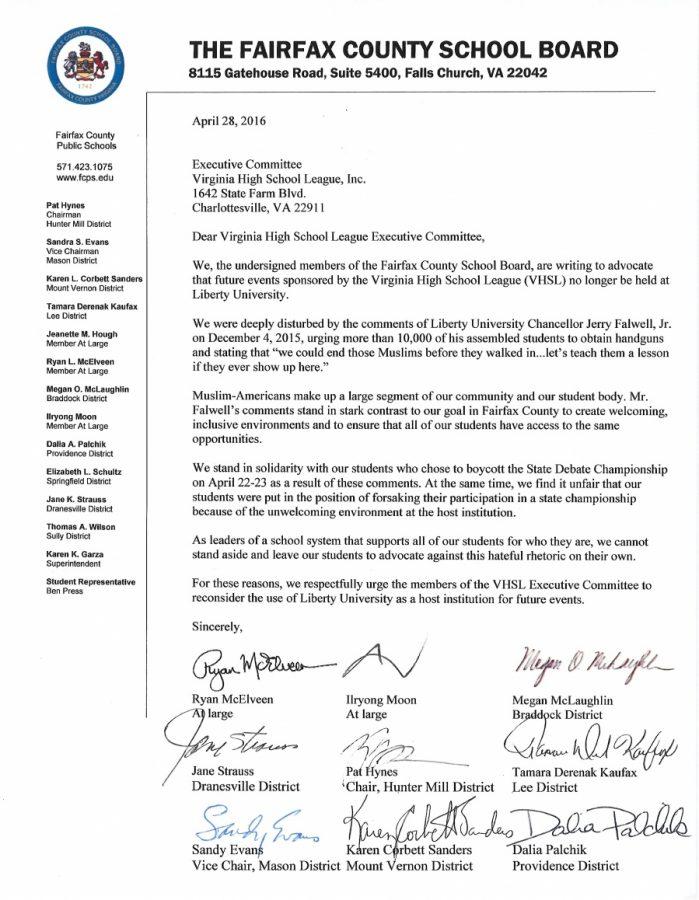With Black Friday looming close, the principle idea of it has transformed immensely since its origins. With multiple origins, the term itself was largely known as referring to the financial crisis of the 1870s. Any day with the term black attached to it has usually implied positive connotations, such as Black Monday which refers to the stock market crash of 1987.

So, with such a history, how did it become a holiday-like event? Now, Black Friday stands for great shopping opportunities and signals the start of the bustle associated with holiday shopping. Designated as the Friday after Thanksgiving, it has become a major date to note, garnering massive crowds of eager shoppers. Nearly too much, in fact as statistics reveal a record-breaking count of about 226 million shoppers and total consumer spending at $59.1 billion.
However, Black Friday is continuously pushing its date earlier with some stores moving their opening time one hour earlier, or others like Wal-Mart announcing their Black Friday opening to be at 6pm on Thanksgiving Day. As many stores such as Target, Best Buy, Macy’s or Kohl’s open doors at 12am which was earlier than ever before, this incited controversy as 200,000 signatures were signed on ‘Save Thanksgiving’ petitions.
With spending packing a great economic boost, the pros of this date mean the kicking off of a much needed push for the U.S. economy, offering great deals and savings for the consumer. The huge discounts and price cuts also call for extraordinary and singular opportunities. However, to some, this 4-day weekend will remain as simply Thanksgiving’s holiday.







